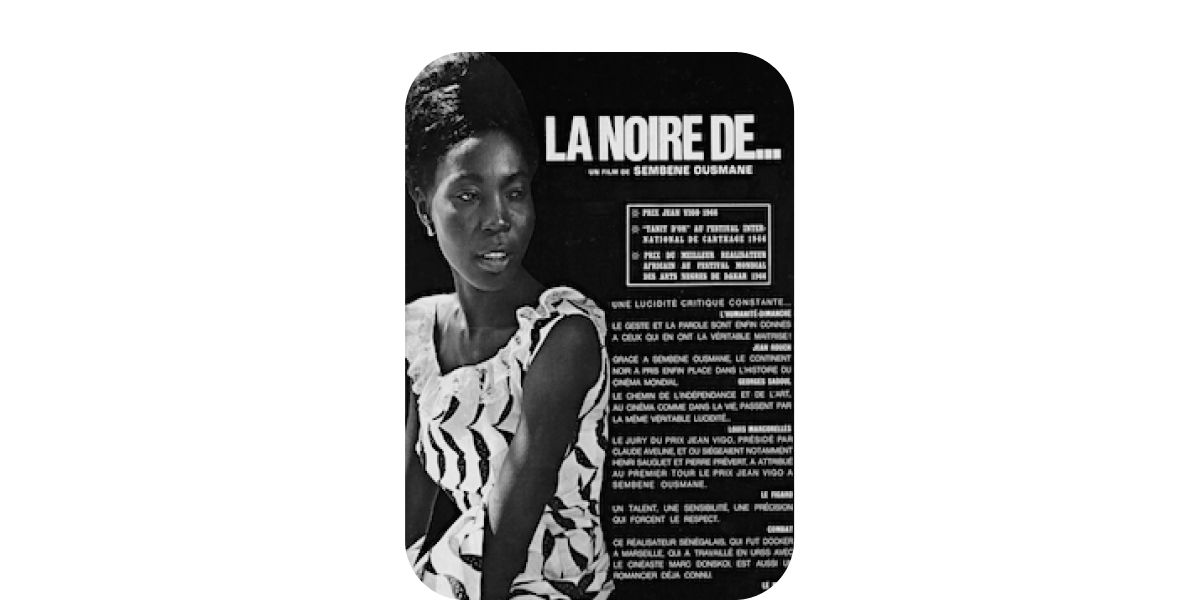GAIKA Immigrant Sons (Pesos & Gas) (2018)
The prevailing theory is that the earliest mass migration of our species happened about eighty thousand years ago. The so-called “Out of Africa” theory, which is well supported by DNA evidence, posits that our ancestors left the African continent and first went to Asia and then, some forty thousand years later, to Europe. While the beginning of our story as travelers is subject to ongoing research, thereby constantly becoming clearer and more elaborated, it is clear that we have long been on the move and probably always will be.
People move for all sorts of reasons: growth, security, new horizons, displacement, some even for love and family. There are more people now than ever before who live in a country other than the one they were born in, and given the way the world is, more and more people will seek out new lands to make a home in. Our ambition, our drive and our survival instincts are these powerful forces that keep us striving for opportunities to keep living, to keep trying to figure out a way forward. That indomitable spirit is part of what makes the story of humanity so poignant and compelling.
“Immigrant Sons (Pesos & Gas)” is a call to arms by British rapper and singer GAIKA. It’s a banger to inspire people to rise up, to fly, to use their art, voices – whatever they have – to challenge the status quo. This song has so much energy and kineticism in it. With GAIKA’s gritty vocal delivery over an unrelenting beat, it's very exciting music, get into it.
Dig Deeper

The acclaimed Senegalese author Ousmane Sembène’s directorial debut was 1966’s La Noire de… (Black Girl). The film is based on a true story, which was originally developed for Voltaique, a collection of Sembène’s short stories. The film follows Diouana, played by Mbissine Thérèse Diop. Diouana is a young Senegalese woman who takes a job as a nanny for a French couple in Dakar. When the couple moves back to France, they ask her to join them, which she does and of course the plot thickens. The film is a classic of African cinema and the story, while tragic, is beautifully told.

Start the conversation
Become a paid member of The Rest to gain access to the comments section.